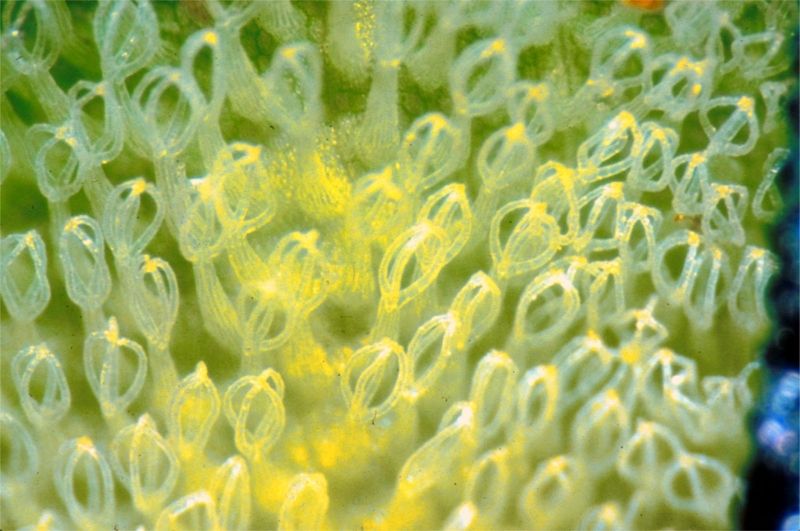cypress trees / diquat/water spangle - 05/21/15 12:34 PM
I have met someone here in FL that recently pucrhchased land with a pond. The previous owner appearnlty dumped an aqaurium in the pond and the auarium plants in it has totally covered the pond. He researched what it is and now I can't remember.
He sprayed it with a glyphosate aquatic herbacide. It killed what it touched of coarse and did not kill any thing in or under the water and its growning back. I pointed out using one that with diquat would effect the submerged plants for him better then glyphosate.
My question is.....He asked if it would effect the cypress tress around the ponds edges, I didnt think so but I am not 100% sure.
I also recomended pond boss as a better resource than me on plants.
Once he can actually see the water, I'm hopeing he will let me help him out on the fish side of things..:-)
He sprayed it with a glyphosate aquatic herbacide. It killed what it touched of coarse and did not kill any thing in or under the water and its growning back. I pointed out using one that with diquat would effect the submerged plants for him better then glyphosate.
My question is.....He asked if it would effect the cypress tress around the ponds edges, I didnt think so but I am not 100% sure.
I also recomended pond boss as a better resource than me on plants.
Once he can actually see the water, I'm hopeing he will let me help him out on the fish side of things..:-)
